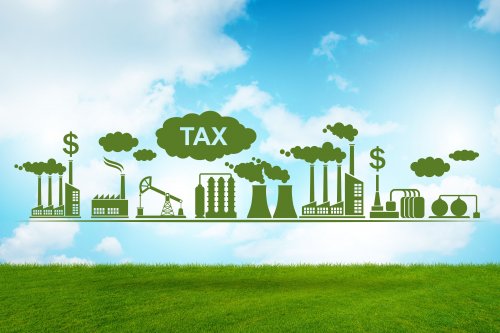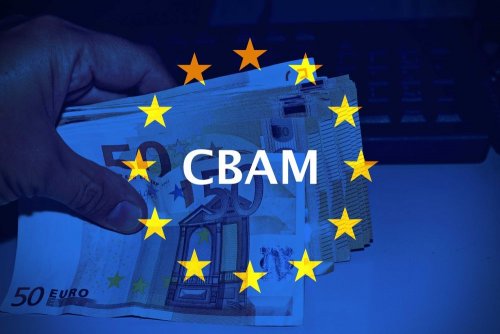The European Commission is proposing to the European Parliament and Council to amend Regulation (EU) 2023/956 and postpone payments under the Carbon Based Import Adjustment Mechanism (CBAM) until February 2027.
This proposal is contained in the so-called omnibus package to the Clean Industry Agreement, published on February 26.
It is proposed to provide a special regime for the first year of the CBAM financial adjustment. Declarants will be able to purchase CBAM certificates from February 2027 to cover emissions embedded in CBAM products they imported during 2026.
The method of calculating the price of certificates will not change, and certificates purchased during a particular week in 2027 to cover emissions for 2026 will reflect the corresponding weekly price in the greenhouse gas emissions trading system (ETS) calculated by the European Commission.
The authors of the document propose to postpone the start date of the sale to February 1 (instead of January 1) to give declarants more time to collect data and customs systems more time to enter the relevant data on the last imports in 2026 into the CBAM register.
They note that despite the reduction in the time declarants will have to spend to acquire certificates for all their imports from January 1, 2026, they will still have two months to acquire certificates before the first application of the “50% rule” (currently the “80% rule”) in the first quarter of 2027, i.e. from January 1 to March 31, 2027.
“As CBAM declarants cannot purchase CBAM certificates in 2026, it is necessary to determine the appropriate EU ETS price for the purchase of CBAM certificates in 2027 in relation to emissions embedded in CBAM products imported in 2026,” the document says.
To do this, the European Commission will calculate the price of CBAM certificates based on the average quarterly closing price of EU ETS allowances in the quarter of imports of CBAM products to which these emissions correspond.
Dan Maleski, lead CBAM consultant at UK-based Redshaw Advisors, warned that despite the delay, the financial obligation remains the same and importers still have to surrender CBAM certificates in 2027 for emissions embedded in 2026 imports. He says some companies may postpone purchases in the hope that carbon prices will remain stable.
“However, carbon markets are inherently volatile. Companies that cover the costs of other inputs (e.g. iron ore and coke for steel production) but leave carbon costs open risk a significant reduction in margins if prices rise,” the expert warned.
Recently, EcoPolitic reported that the EU has unveiled the Clean Industry Agreement and talked about its main innovations.





